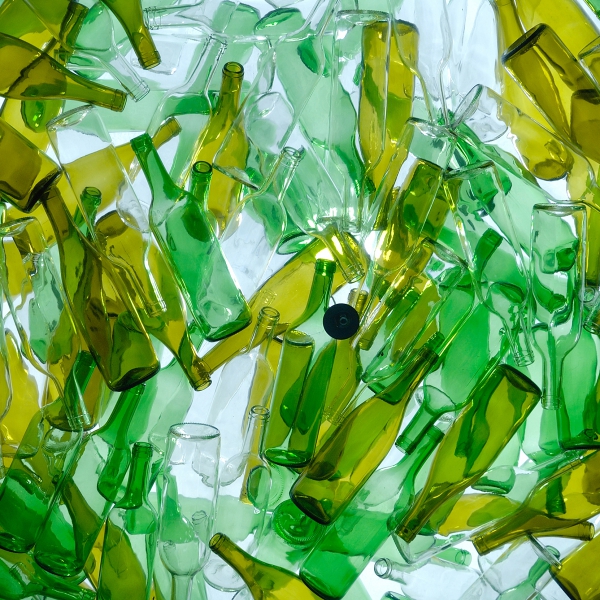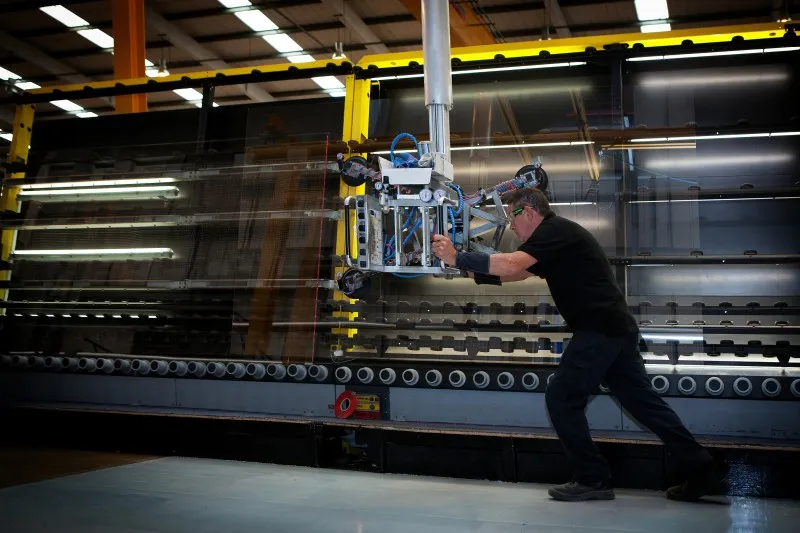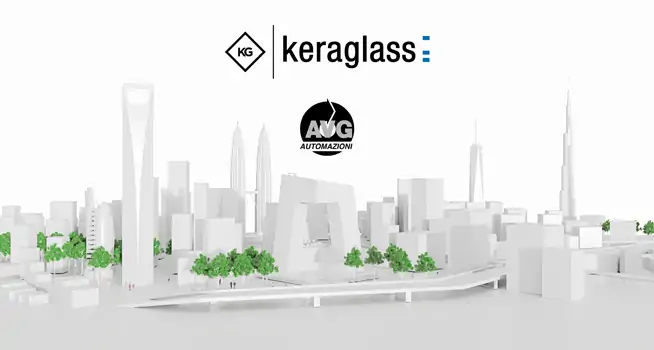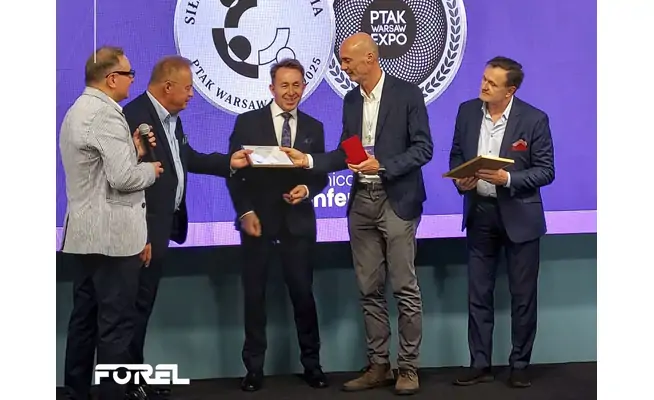A recent industry-wide survey by British Glass has sent ripples through the packaging sector, revealing a stark reality: 43% of UK brands and retailers are actively considering a move away from glass packaging. This concerning statistic comes amidst the backdrop of the UK Government’s proposed Extended Producer Responsibility (pEPR) reforms, spearheaded by the Department for Environment, Food and Rural Affairs (DEFRA). While the principle of producers bearing the full cost of managing their packaging waste is laudable, British Glass argues that the current pEPR fee structure is fundamentally flawed and could inadvertently undermine environmental goals while jeopardising a vital domestic industry.
The core of the issue lies in DEFRA’s decision to base pEPR fees on weight rather than volume. This seemingly innocuous detail disproportionately penalises heavier, yet highly recyclable, materials like glass. The survey findings paint a grim picture of the potential fallout: a staggering 77% of brands contemplating a shift away from glass would opt for plastic – a lighter, and arguably less sustainable, alternative. This suggests that the cost-saving imperative driven by the pEPR fees could override environmental considerations, leading to a perverse outcome where the policy designed to promote sustainability inadvertently encourages the adoption of less eco-friendly materials.
The financial burden of pEPR is also a significant concern. The survey highlights that 38% of brands and retailers anticipate passing on over 95% of these costs directly to consumers, indicating potential price increases for everyday goods. Furthermore, two-thirds of businesses are considering importing glass, as lower international costs could help absorb the pEPR fees, posing a direct threat to UK-based glass manufacturing and the jobs it supports.
British Glass technical director Nick Kirk has warned that glass packaging could shoulder up to one-third of the total £1.5 billion pEPR cost, despite representing only about 5% of packaging waste by volume. This imbalance, he argues, could accelerate the decline of UK-produced glass and foster a greater reliance on imports.
While reuse is a commendable long-term objective, British Glass emphasizes that it is not a viable immediate solution due to a lack of established infrastructure and significant upfront costs. DEFRA itself concedes that widespread reuse is at least a decade away. This underscores the need for a pragmatic approach that considers the current realities of the packaging industry.
The findings from British Glass, supported by DEFRA’s own Impact Assessment and a Freedom of Information request, clearly indicate that the current pEPR framework risks unintended and detrimental consequences. British Glass is urging the government to revise the fee structure, delay the implementation of fees for glass until the Deposit Return Scheme (DRS) is operational, and collaborate with industry stakeholders to develop realistic and sustainable long-term reuse solutions. Failure to do so could lead to higher consumer costs, a shift towards less sustainable packaging choices, and a significant blow to the UK’s glass manufacturing industry, all without delivering the intended environmental benefits. The time for a re-evaluation of the pEPR framework is now, to ensure that the policy achieves its noble aims without sacrificing economic stability and true environmental progress.
Source: British Glass with additional information added by GlassBalkan







